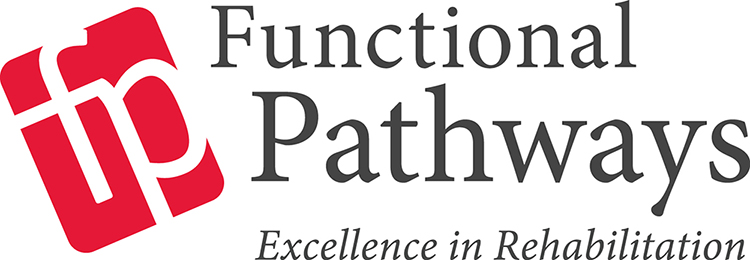Dementia is categorized as a progressive determination of cognitive skills and ability to adapt to activities of daily living, in the absence of other etiologies. It is of insidious onset and related impairments do not include delirium. It is often referred to as organic brain syndrome or chronic brain syndrome. There are many types and causes of Dementia and these will be examined in the Functional Pathways program “Pathways to Cognitive Performance” due out to the field in May 2013. A diagnosis of Dementia is made when 3-5 of the following cognitive processing performance components are affected; these are, Memory of Rote Skill, Judgment, Intellectual Functioning, Orientation, and Mood or Personality. Disease stages occur in stages, including; Early—The forgetful Stage (mild) 1-3 years, Mild—The Confused Stage (moderate) 5-7 years, and Late—The Severe Stage (severe) 2-3 years.
In the early stages people may have difficulty with performing regular everyday tasks that they have been routinely performing all their lives, forgetting appointments, problems remembering familiar locations, and difficulty handling money. They may also present with mood swings with no obvious cause, and lose things, often blaming others for stealing them. In the moderate stage forgetful increases to forgetting about recent events, confusing times, places, and forgetting names and faces or confusing family members. They may also start to experience auditory and visual hallucinations at this point. In the severe stage patient’s often present with uncontrolled body movements, incontinence, inability to sleep with increased restlessness, and no longer recognize family and friends.
So, as caregivers, how can we approach and assist this patient’s in functioning at their highest level of independence and retain optimum quality of life? Here is the short list!
• Always establish eye contact prior to beginning a conversation
• Keep conversations short, frequent and of interest to the patient
• Use simple sentences, speak slowly, and use gestures and monitor your tone of voice
• Avoid open ended questions
• Do not change subjects too quickly
• Limit distractions and unnecessary noise
• Encourage use of other senses such as touch, taste, and smell
• Break down tasks into shorter steps competed one at a time
• Repeat functional questions several times
• Provide familiar visual stimuli, familiar sounds (music)
• Label objects
• Use memory notebooks
There are many strategies for improving quality of life for the dementia patient suing a well-structured caring environment. Additional treatment techniques will be proved in the Pathways to Cognitive Performance Program!

Comments (0)